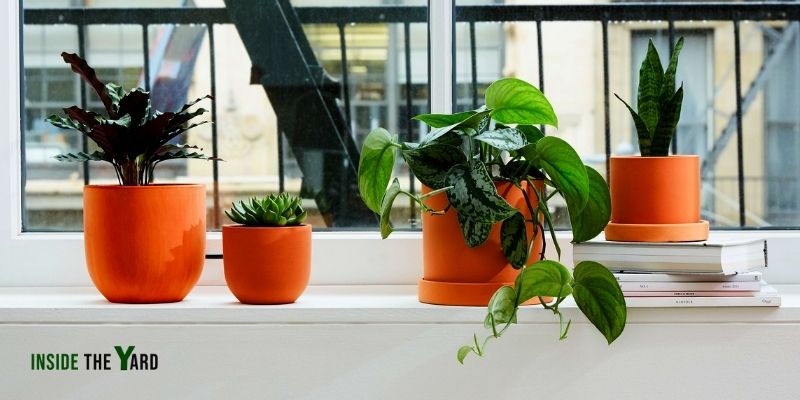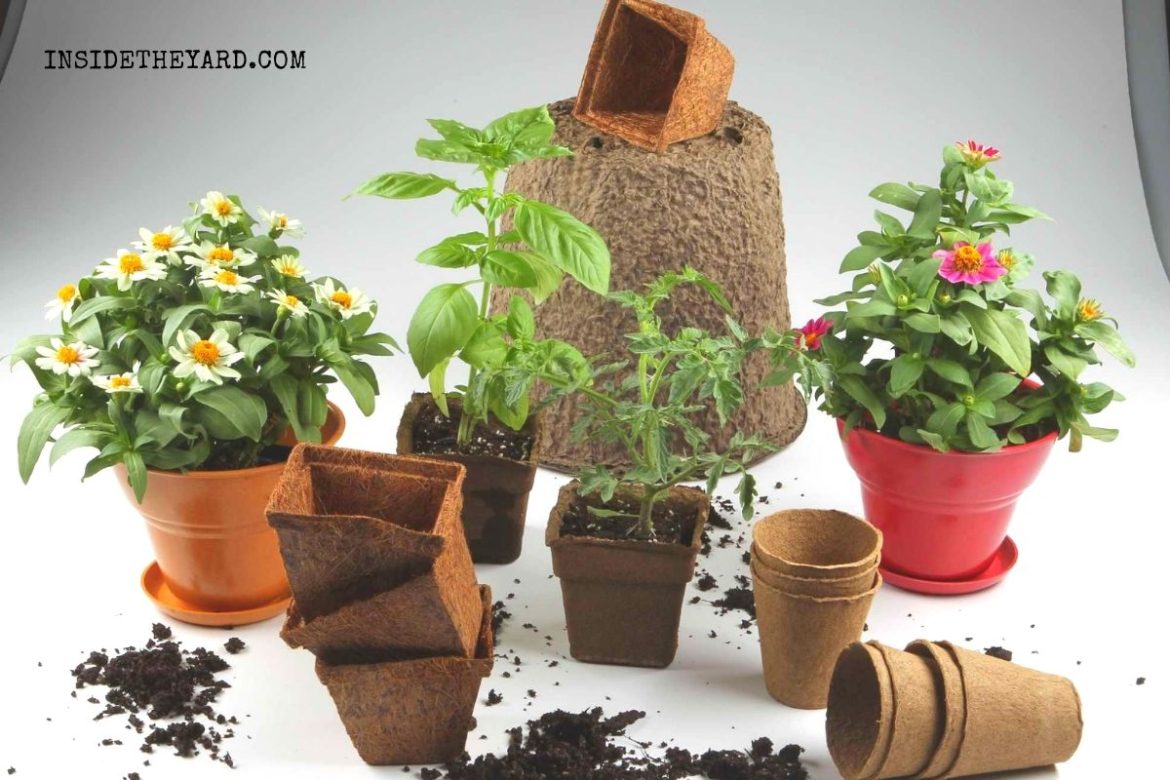
Are you trying to find a Plant saucer alternative that works? You may use cleaned plastic soda or water bottles to conceal smaller pots. Plastic refrigerator storage containers with lost lids are an inexpensive substitute for plant saucers.
Saucers under potted plants are a common way to protect furniture and surfaces from water damage.
However, this article will share some of the best alternatives for plant saucer you can use effortlessly.
Plant Saucer Alternatives That You Can Use In Your Garden
The best way for your plants to get the nutrients they need is to water them with liquid fertilizer. But what if you don’t have a saucer for your pot? So, you’re looking for a way to tackle the small space in your garden?
Well, many plants can fill this need. Using the same principles of water and shelter, you can create a garden that provides an environment for plants.
The plant saucers that come with your garden are not the only option for you. You can try some DIY plant saucer that will help you.
However, here are some best alternative diy plant saucer ideas.
1. Cleaned Plastic Soda Or Water Bottles
The number of plastic soda bottles being used as a cheap alternative to plant saucers can be a good solution.
One possibility includes cleaning, drying, and then using these cleaned-up drinking vessels for replacement in your garden or home decor!
The best way to make your house smell good is by using natural alternatives like these. And this is an alternative that you can use instead of plastic saucers for hosting parties or food with friends.
Not only will they hold more scent than their counterpart, but they create an environmentally-friendly footprint in the process too.
2. Concrete Blocks
Concrete blocks can be used as a substitute for plant saucers. They’re usually much cheap Plant saucers and last longer.
It is perfect if you don’t have the luxury of owning expensive pots or other storage options.
With their versatile shape, you can use them in any size, and they will never break or scratch your precious plants.
These items work just like the traditional pots, but they’re easier to move around and withstand higher temperatures.
Their base material makes them more durable than other materials on earth.
3. Recycling Old Tires
What would you say if we told you that using old tires as plant saucers is not only environmentally friendly?
It is also a great way to regard waste materials and get more bang for your buck.
The tires sitting in your driveway now can be put to better use than just holding water. The material from these old run-down vehicles can end up being recycled and turned into plant saucers.
Planting flowers and vegetables is one way to help save the earth from environmental damage.
It can reduce waste by 40%, according to BushTree discretionary uses such as paper products or plastics.
4. Wooden Pallets
Planting your garden can be very expensive if you buy new pots or other gardening items. But with these cheap alternatives, it’s easy on the budget!
Some people look for alternatives to save money, and one way they do that is by using wooden pallets instead of plant saucers.
But sometimes, the idea of using wooden pallets instead of plant saucers may seem like a good one. But there are several reasons why this can not be only the best option.
One reason for thinking twice about it would be their size. Some types can get up to 3 feet in length and width, while others only measure around 2 and a half feet.
So these are some alternatives to plastic plant saucers. You can use this in your garden.
What Are Plant Saucers And What Do They Do?
Plant saucers can protect turf and plants from water runoff and small spills.
Under an indoor or outdoor, you may put a plant saucer on top of the excess water from the plant pot.
This is especially helpful if you have synthetic turf surfaces.
Such as those found at golf courses do not absorb water well and could easily turn into mud pits.
And it can damage players’ equipment. However, there are many plant pot saucer alternative available.
Frequently Asked Questions (FAQs)
What can I put under my planter for drainage?
You can put rocks or gravel at the bottom of your planter to improve drainage. Another option is to buy a potting mix that already has drainage holes. Ensure to water your plants regularly, even if you have good drainage since the soil can still become soggy if it rains a lot.
Are plant saucers necessary?
Plant saucers are not necessary, but they make an otherwise bare surface much more attractive. They also prevent soil from washing out through the drain hole while you water your plant.
What do you put under plant pots?
You can put a variety of things under plant pots. One popular option is to use rocks as a drainage system. This will prevent the soil from being waterlogged and allow for better air circulation. Another option is to use pot shards or gravel. This will help anchor the plant pot and make it less likely for the bank to move around. You can also use fabric lining under the pot, such as an old T-shirt.
Conclusion
These are the plant saucer alternative you can use for your place. If you’re looking for any way to make your plants happier, healthier, and more productive, then the other options are what you need.
And this is the cost-effective way to keep your plants hydrated. It provides the same benefits as terracotta or clay pots, but without all of the mess and maintenance of those traditional containers.
In addition, you can use it for flowers, herbs, succulents, etc. These are some great plant saucers alternatives if you’re looking for something different to spruce up your home this season.
You Can Also Read:
- Is Thyme An Annual Or Perennial Herb- A Brief Explanation
- Why Are My Watermelon Plants Dying? Reasons with Remedies
- Why Are the Stems on My Rose Bush Turning Black? Reasons with Resolves
- Why Is My Cosmos Not Flowering- Know the Reason to Help It Bloom
- Reasons Why Monstera Drooping After Repotting Can Be Shocking!
Was it helpful?

Enamored with the world of golf Jack pursued a degree in Golf Course Management at THE Ohio State University. This career path allowed him to work on some of the highest profile golf courses in the country! Due to the pandemic, Jack began Inside The Yard as a side hustle that quickly became his main hustle. Since starting the company, Jack has relocated to a homestead in Central Arkansas where he and his wife raise cattle and two little girls.

